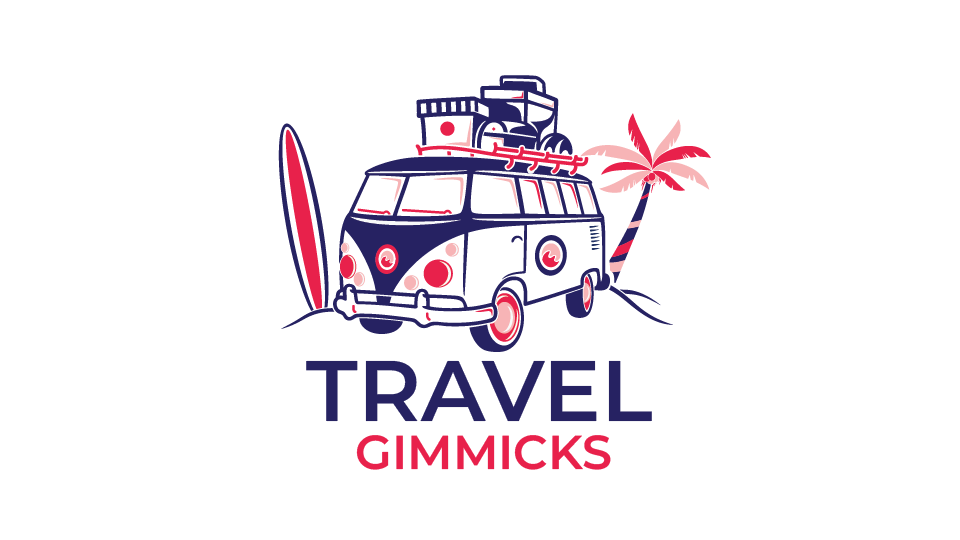The travel industry has been declining in the last decade, but 2017 saw a major shift with consumers opting to spend their money on experiences rather than physical tickets. America’s growing fascination with food and more adventurous concepts of vacationing could be one factor driving this trend towards experiential spending.
The “post pandemic travel trends” is an article that discusses the shifting behaviors of consumers in the wake of a potential pandemic. The article looks at how travel patterns have changed with the changing times.
Morning Consult’s ‘State of Travel and Hospitality’ report for the fourth quarter of 2021 has been issued. The poll of over 9,000 individuals throughout the Americas, Europe, and Asia-Pacific area was conducted with the goal of discovering how customers are shaping the sector’s future despite the current epidemic.
The firm discovered that the travel industry is recovering, albeit slowly. COVID-related health concerns remain a factor for potential travelers, especially given the recent rise of fast-spreading strains like the Omicron and Delta variants; as do vaccination, testing, and quarantine requirements at their intended destination, including confusion about what the actual regulations are at any given time.
ADVERTISING
What’s Hot Right Now

Sixty-four percent of individuals in the United States indicated they had traveled in the previous year, with more than a quarter of those saying they had traveled in the previous month. Younger generations, such as Millennials and Gen Zers, as well as high-income customers, were shown to be more inclined to travel than their older and poorer counterparts.
One of the themes it looked into was the rise in air rage caused by the epidemic. COVID-related airline (and government) restrictions, particularly when it comes to mask-wearing, have resulted in a significant increase in incidences of customers refusing to comply with the rules on board their flights. “Unruly travelers” have become an all-too-common issue, ranging from verbal outbursts and abusive language to physically attacking staff members and other passengers.
According to a Morning Consult poll, 41% of Americans avoided domestic travel during the epidemic because they were worried about how their fellow passengers would conduct on the aircraft. Furthermore, 63 percent are anxious that a “air rage” event may occur on their next trip, with 21% saying they are “very” or “very” concerned.
 On a flight, people wearing masks (picture courtesy of Hispanolistic / Getty Images)
On a flight, people wearing masks (picture courtesy of Hispanolistic / Getty Images)
COVID-19 vaccinations, like face masks, immediately became a highly political topic, with an already polarized America divided on COVID-related measures and the virus itself. When it comes to air travel, consumer support for vaccine requirements, although divided across party lines, is really rather strong. Sixty-three percent of Americans feel vaccinations should be needed for international flights, while 60 percent believe they should be necessary for local flights.
Travelers are also changing how they plan their trips and rearranging some of their priorities. Leisure travelers have become used to the possibility of having to modify their plans at any time. Consumers are demanding shorter booking periods, a greater emphasis on flexibility, and even a willingness to pay extra to guarantee their plans can be rescheduled. Price is still the most important factor to consider when booking travel, followed by brand safety measures.
 A mature man is getting vaccinated. (picture courtesy of iStock/Getty Images) E+/Geber86)
A mature man is getting vaccinated. (picture courtesy of iStock/Getty Images) E+/Geber86)
Then there’s business travel, which everyone said would only begin to recover until pleasure travel resumed. The pandemic seems to have permanently displaced a section of the business travel sector due to the rapid emergence and broad acceptance of remote-working and virtual-meeting technologies. Now, 39% of frequent business travelers in the United States say they would never travel for work again. Those who do travel for work are more likely to do it closer to home, since company regulations and finances are tighter. According to the research, one out of every five business travels conducted in the next year will be day visits.
Watch This Video-
The “skift” is a digital media company that covers travel, technology and business. The “Consumers’ Shifting Behaviors Continue Reshaping the Travel Industry.”
Related Tags
- traveler value index
- travel technology
- future travel enthusiasm in the age of covid-19
